What are sulfates?
Sulfates are compounds used as cleansing agents. You’ll find them in household cleaners, laundry detergents, and many shampoos.
There are two primary sulfates commonly used in shampoos: sodium lauryl sulfate and sodium laureth sulfate. Their role is to produce foam that helps lift oil and grime from your hair. If your shampoo forms lots of lather in the shower, it likely contains sulfates. Sulfate-free alternatives tend to produce little to no foam.
Compared with other cleansing components in shampoo, sulfates are regarded as powerful cleaners. They belong to a group of detergents called anionic surfactants, which work by removing oily substances.
Sulfates have long been a standard ingredient in shampoos. Still, their use has sparked debate in recent years. Some people worry sulfates may harm health when used frequently. Because many people use shampoo regularly, there’s concern that repeated exposure could pose risks. Sulfates were once suspected of being carcinogenic, but later scientific studies refuted those assertions.
That said, sulfate-containing shampoos aren’t necessarily suitable for everyone. They can be harsh on certain hair types and may irritate the skin in some individuals. Read on to learn about possible downsides and what steps you can take to avoid them.
When should someone avoid sulfates?
While sulfates are effective at removing oil and dirt, they can be excessively harsh for some people. Sulfates may not be ideal if you have sensitive skin or delicate hair, or if you’re allergic or reactive to these chemicals.
The American Academy of Dermatology (AAD) recommends sulfate-free shampoos for people with rosacea. Sulfates can aggravate rosacea-prone skin and may trigger symptoms on the scalp as well as the face, shoulders, and back. If you have rosacea, avoid other common irritants in shampoos, such as fragrances, drying alcohols, and alpha-hydroxy acids like glycolic and lactic acids.
The AAD also advises steering clear of sulfates if you have eczema, contact dermatitis, or generally sensitive skin. The foaming action of sulfate shampoos can worsen these skin conditions.
An allergic reaction is possible for those sensitive to sulfates. If you react, you might experience one or more of these signs on your scalp and face after using a sulfate shampoo:
- redness
- skin rash
- swelling (inflammation)
- itchiness
- hives
You may want to avoid sulfates if your hair is dry or fine. These hair types tend to be more fragile, and the strong foaming action of sulfate shampoos can strip away too much natural oil, leaving strands brittle.
Sulfates can also remove color from hair treatments, although research on this is mixed. If you color your hair, opting for a sulfate-free shampoo can help preserve dye and maintain moisture, even if those shampoos foam less.
In addition, sulfates are linked to increased frizz. When sulfates interact with hair, they can create a negative electrical charge that promotes frizz after washing. You can reduce this effect by choosing sulfate shampoos that also include frizz-controlling ingredients, such as amphoteric or nonionic surfactants. But if you’re particularly prone to frizz, avoiding sulfates entirely may be the better choice.
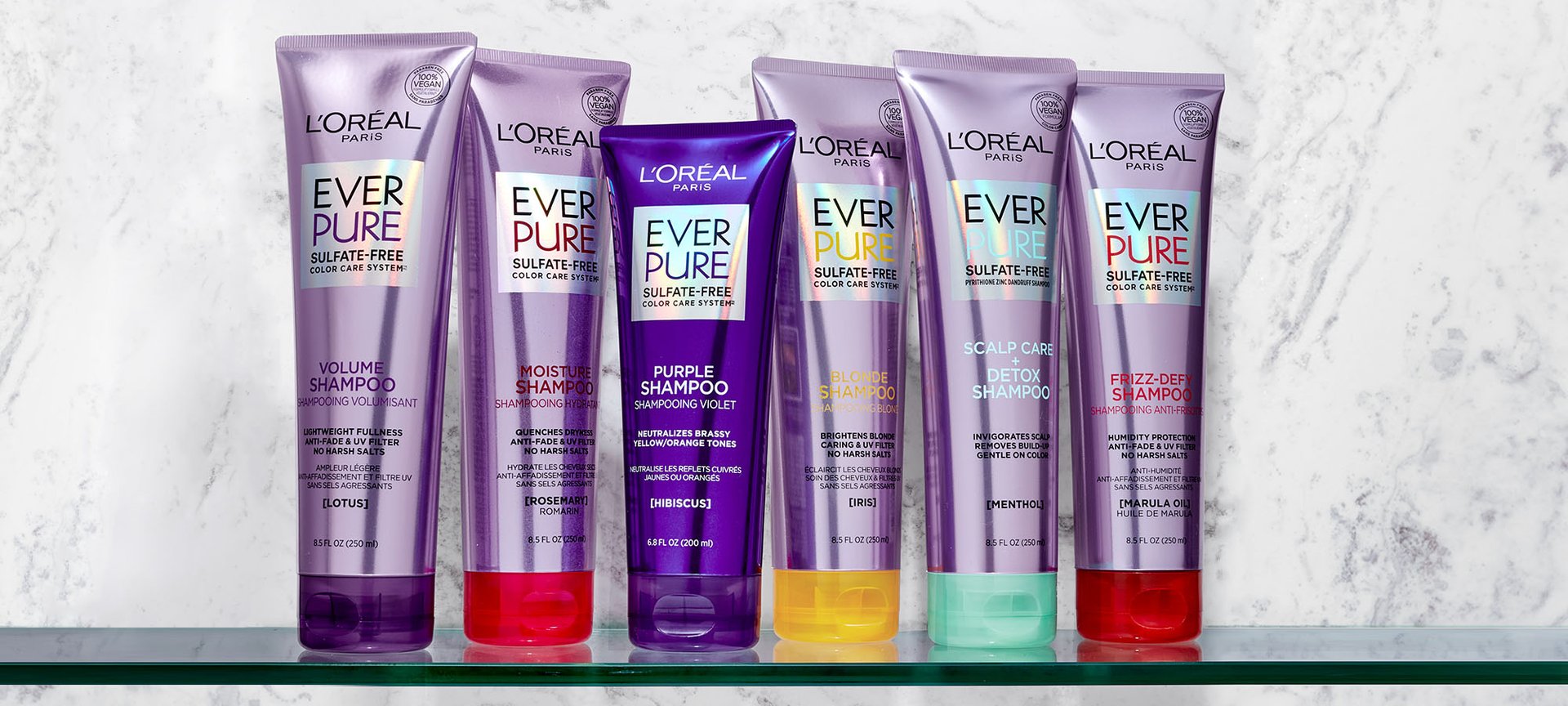
Best sulfate-free shampoo
Generally, sulfate-free shampoos cost more than conventional sulfate-containing ones. For many people, though, the benefits justify the price—especially for those with sensitive scalp or hair. Here are some options to consider depending on your hair needs:
- Redken Frizz Dismiss Shampoo for wavy, curly, or chemically straightened hair
- AG Colour Savour for color-treated hair
- Pravana The Perfect Blonde for color-treated blonde hair
- Pureology Strength Cure Shampoo for damaged, color-treated hair
- Nevo Moisture Rich Shampoo for dry hair
- Deva Curl Low-Poo for fine hair
- AG Hair Curl Revive Sulfate-Free Hydrating Shampoo for natural hair
Conclusion
Sulfates aren’t necessarily hazardous for everyone. However, if you’re sensitive to them or your hair is dry, fine, or damaged, choosing a different shampoo may be wiser. Many people simply opt to avoid sulfates as a precaution.
There are additional practices that help keep hair healthy alongside using a sulfate-free shampoo. Consider these tips:
- Wash your hair only as often as necessary. Oily hair often needs daily washing, while dry hair may do better with a few washes per week. Over-washing can remove natural oils and make hair drier and duller.
- Pick a shampoo suited to your hair type. That could mean creamier formulas for dry or curly hair, or color-care products for treated hair.
- Always follow with a conditioner. Shampoo removes oil and grime but can also strip natural oils. Like using a moisturizer for your face, you should condition hair after shampooing unless you’re using a 2-in-1 product. Apply conditioner mainly to the mid-lengths and ends of your hair.
- Limit heat styling. Daily use of blow dryers, curling irons, or flat irons will damage hair over time. Try to use them less frequently and use a sulfate-free dry shampoo between washes if needed.

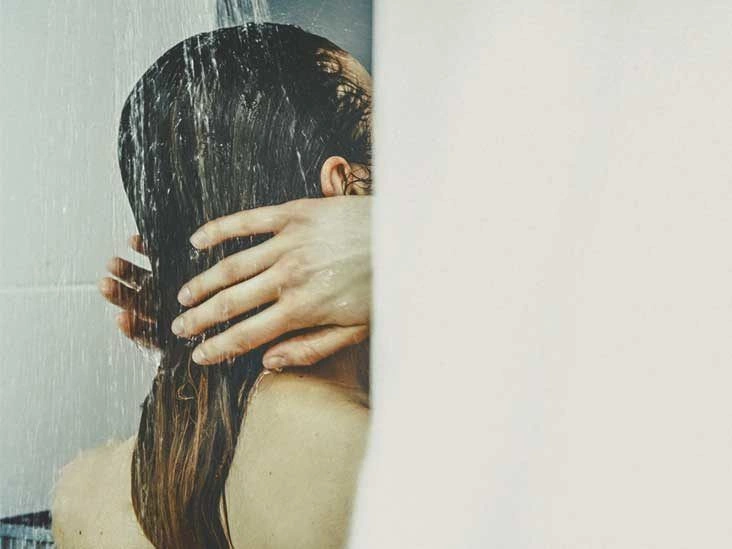
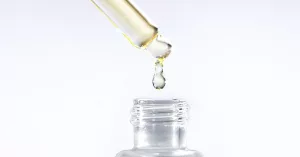

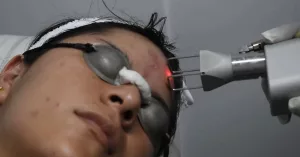

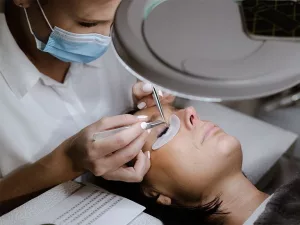
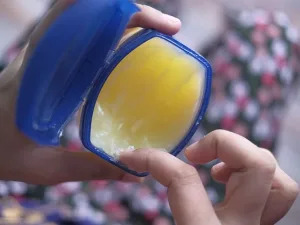








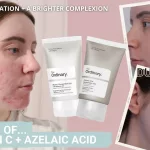








Leave a Reply
You must be logged in to post a comment.